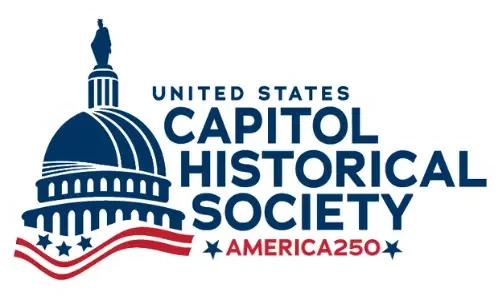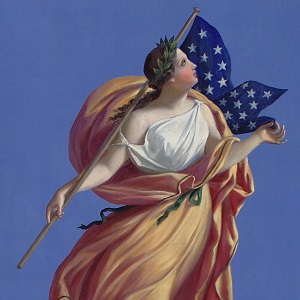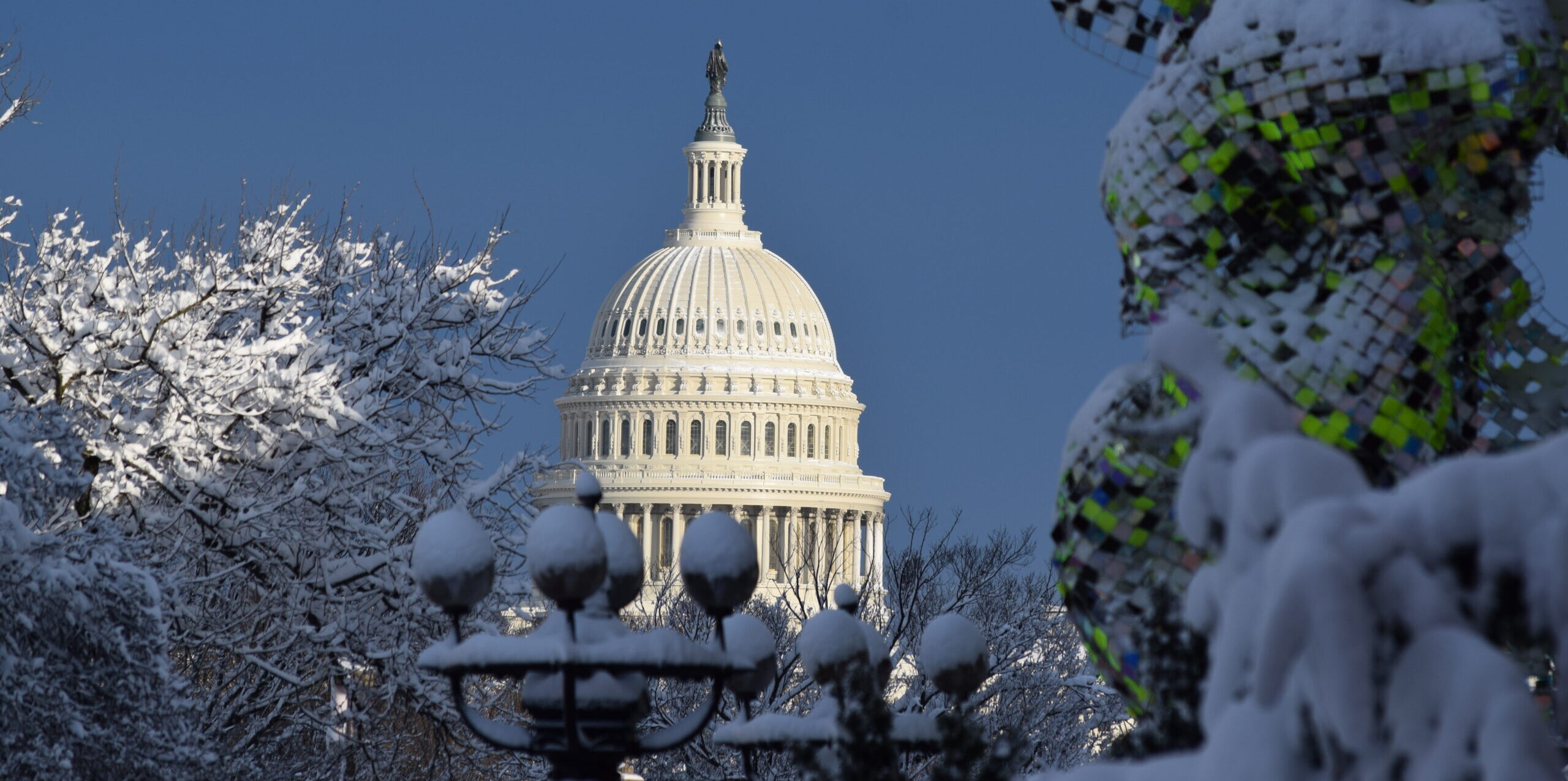The U.S. Capitol Historical Society will present three programs in February and March. On February 21, Dr. Matthew Costello will present American Sepulcher: George Washington’s Tomb in the United States Capitol. On March 7, Marcie Sims, McFarland author and tenured professor, Green River College (Auburn, WA), will A Capitol Experience: The History of U.S. Capitol Pages and their Unique Bond with the U.S. Capitol. On March 14, Elise Friedland, Pompeii on the Potomac: Constantino Brumidi’s Nineteenth-Century, Roman-Style Frescoes for the Naval Affairs Committee Room in the U.S. Capitol.
February 21, 2018 with Matthew Costello
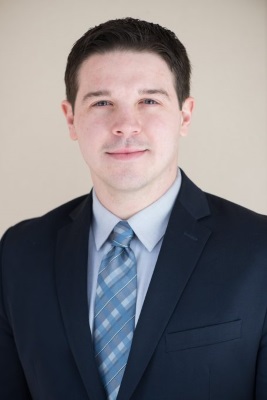
American Sepulcher: George Washington’s Tomb will explore the history of the empty tomb beneath the Capitol Rotunda reveals how American hero worship evolved and transformed during the first half of the nineteenth century. Federalists attempted to fuse European hero worship traditions with American republicanism, using Washington’s tomb to further their political agenda and power. Democratic-Republicans charged that this form of veneration smacked of regality and decadence, branding it antithetical to the ideals of the American Revolution. The story of the tomb is a testament to George Washington’s significance to a young nation, but its emptiness speaks volumes about the rejection of Old World traditions and the political contentiousness of our national past.
Costello is the Senior Historian at the White House Historical Association. For the past year Costello has been working on the Bibliography for the Washington Papers at the University of Virginia. He received his BA from the University of Wisconsin-Madison and completed his PhD and MA in History at Marquette University.
Location: Ketchum Hall in the Veterans Foreign Wars Building (200 Maryland Ave. NE; Washington, DC 20002)
March 7, 2018 with Marcie Sims
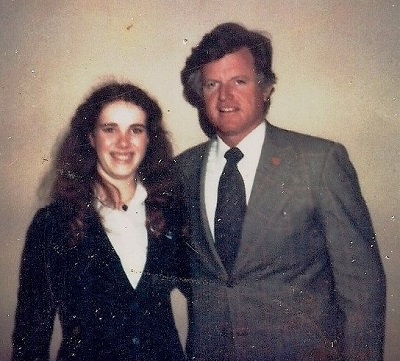
During A Capitol Experience: The History of U.S. Capitol Pages and their Unique Bond with the U.S. Capitol, Marcie Sims will share insights and revelations about the history of Capitol pages and their unique place in the history of Congress and their special bond with the Capitol itself. Gleaning from her own experience as a Senate page in 1979 and from the two years of research and interviews she conducted for her upcoming book, Capitol Hill Pages: Young Witnesses to 200 Years of History, she will discuss how the Capitol Page System has mirrored the values of the American people and government, and of our history itself, over the years, including the correlation between legislation and page appointments (such as the first African American pages in the 1950s, the first female pages in the 1970s, and the pages who were in the Capitol on 9/11 and their role then). Finally, she will discuss how these young political ambassadors are profoundly changed by their page service–and how they have a positive effect on Congress too–and will share some excerpts from interviews of prominent former House and Senate Pages about how serving as a page affected their intellectual and professional development in a meaningful way
Sims is a tenured professor of English, Literature, Film, and Gender Studies at Green River College in the Seattle area. She is the author of Capitol Hill Pages: Young Witnesses to 200 Years of History published by McFarland (Feb 2018) and of two college composition textbooks through Pearson, The Write Stuff: Thinking Through Essays and The Write Stuff: Thinking Through Paragraphs (2009 and now in 3rd edition), and she has published works of fiction and poetry in various journals and online mediums. She lives in Seattle, Washington.
Location: 300 New Jersey Ave NW, Suite 600, Washington, DC 20001.
March 14, 2018 with Elise Friedland
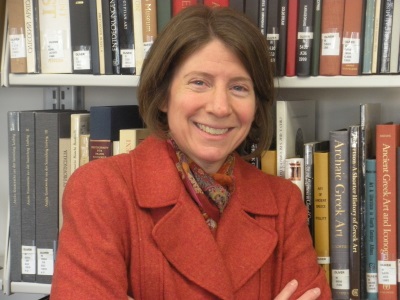
Pompeii on the Potomac: Constantino Brumidi’s Nineteenth-Century, Roman-Style Frescoes for the Naval Affairs Committee Room in the U.S. Capitol will examine Constantino Brumidi’s first full-scale commission in the Senate extension wing of the U.S. Capitol, the fresco cycle painted on the walls and ceiling of the former Naval Affairs Committee meeting room completed in 1858 (now the Senate Appropriations Committee room, S-127). The room stands out among Brumidi’s other work in the Capitol for its coherent narrative and entirely Pompeian style. After presenting new research that has revealed multiple matches between motifs in the Senate room and paintings discovered at Pompeii and other Campanian sites, this talk will address the models for Brumidi’s design; Brumidi’s and Montgomery Meigs’ goals in choosing such a wholly Pompeian style; and the contemporary reception of the room. Despite immediate mixed reviews of its subject matter and style, today S-127 is praised as one of the gems of Capitol for its decorative program. This unique room deserves careful study for its central role in introducing the genre of Pompeian-style fresco décor to the US, for the firm beliefs of its artist and patron in the critical role of public art in our nation’s capital, and for its impact on the study and collecting of ancient art in nineteenth-century America.
Friedland is an Associate Professor of Classics and Art History in the Department of Classical and Near Eastern Languages and Civilizations at the George Washington University. She holds a BA in Classics from Williams College and an MA and PhD in Classical art and archaeology from the University of Michigan. Prof. Friedland specializes in Roman marble sculpture imported and displayed in the ancient Near East and has published two co-edited volumes, The Sculptural Environment of the Roman Near East: Reflections on Culture, Ideology, and Power (2008, Peeters Press) and The Oxford Handbook of Roman Sculpture (2015, OUP). as well as a monograph, The Roman Marble Sculptures from the Sanctuary of Pan at Caesarea Philippi/Panias (Israel) (2012, ASOR’s Archaeological Report Series). Her current research which investigates American adoptions and adaptations of Classical motifs grows out of a course she developed for GW, entitled “Greece and Rome in Washington, DC: Classical Influences on Our Founding Fathers.” In 2013, she was awarded both GW’s Bender Teaching Award and the Archaeological Institute of America’s national Excellence in Undergraduate Teaching Award.
Location: Ketchum Hall in the Veterans Foreign Wars Building (200 Maryland Ave. NE; Washington, DC 20002)
